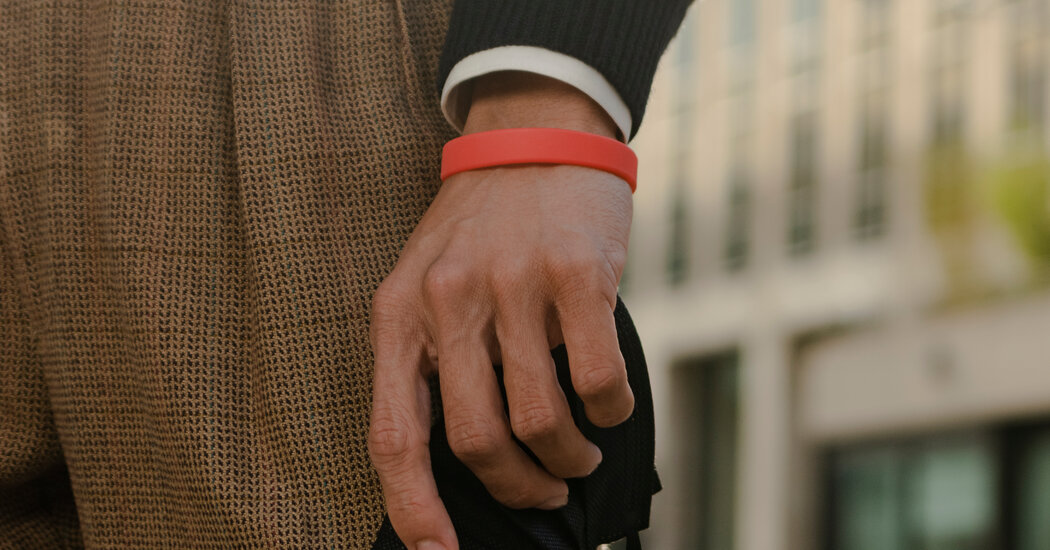For Wristband Resources, which is based outside Milwaukee, the second Friday in March 2020 was “D-Day.” There were no more concerts, nor festivals or school retreats. Mike Gengler, the chief information officer, was shuttling between his home and the office, but he didn’t know what to instruct his employees to do. Sales dropped to nearly zero for the company, which has 140 people on staff.
About two weeks later, orders began to trickle in again. Mr. Gengler checked the delivery addresses to see where his wristbands were shipping and he found an unlikely culprit: commercial construction. These first-time Wristband Resources clients, which were reopening their construction sites, wanted an easy way to signify the employees who had completed their temperature screenings for the day.
It was a eureka moment for Mr. Gengler and his teammates, who realized that the pandemic could shepherd in unexpected uses for a multicolored set of wristbands. By that summer, his company was shipping wristbands to hundreds of offices as they reopened. Wristband Resources ended 2020 without any losses in online retailing; Covid-related wristbands made up about 60 percent of its revenue. The company finished 2021 with better online sales than it had in 2019.
“We’re going out for a laser tag event to celebrate,” Mr. Gengler said. “I’m proud we stayed true to who we were while a lot of our competitors chased P.P.E. products.”
Mr. Gengler said that because of the typical holiday slowdown in business, it was too early to see how Omicron would affect his sales, though he added that some companies might use wristbands for identification purposes as their vaccine mandates take effect in the coming weeks.
At Clyde & Co, an international law firm, the wristband strategy provided a measure of relief for team members who were apprehensive about the interpersonal complexities of in-person work. The firm had required its more than 2,000 employees in Britain to return to the office two days a week starting in September, though after recent government guidance those staff members are now working from home again.
Emma Thorne, an assistant at the firm, had fielded anxious questions about the impending return to office all summer from her parents, one of whom is going through a medical treatment that compromises immunity. Ms. Thorne is also pregnant, another factor in her desire to maintain some distance from colleagues. With her red wristband, she was able to walk around the office without repeatedly spelling out her safety preferences.
